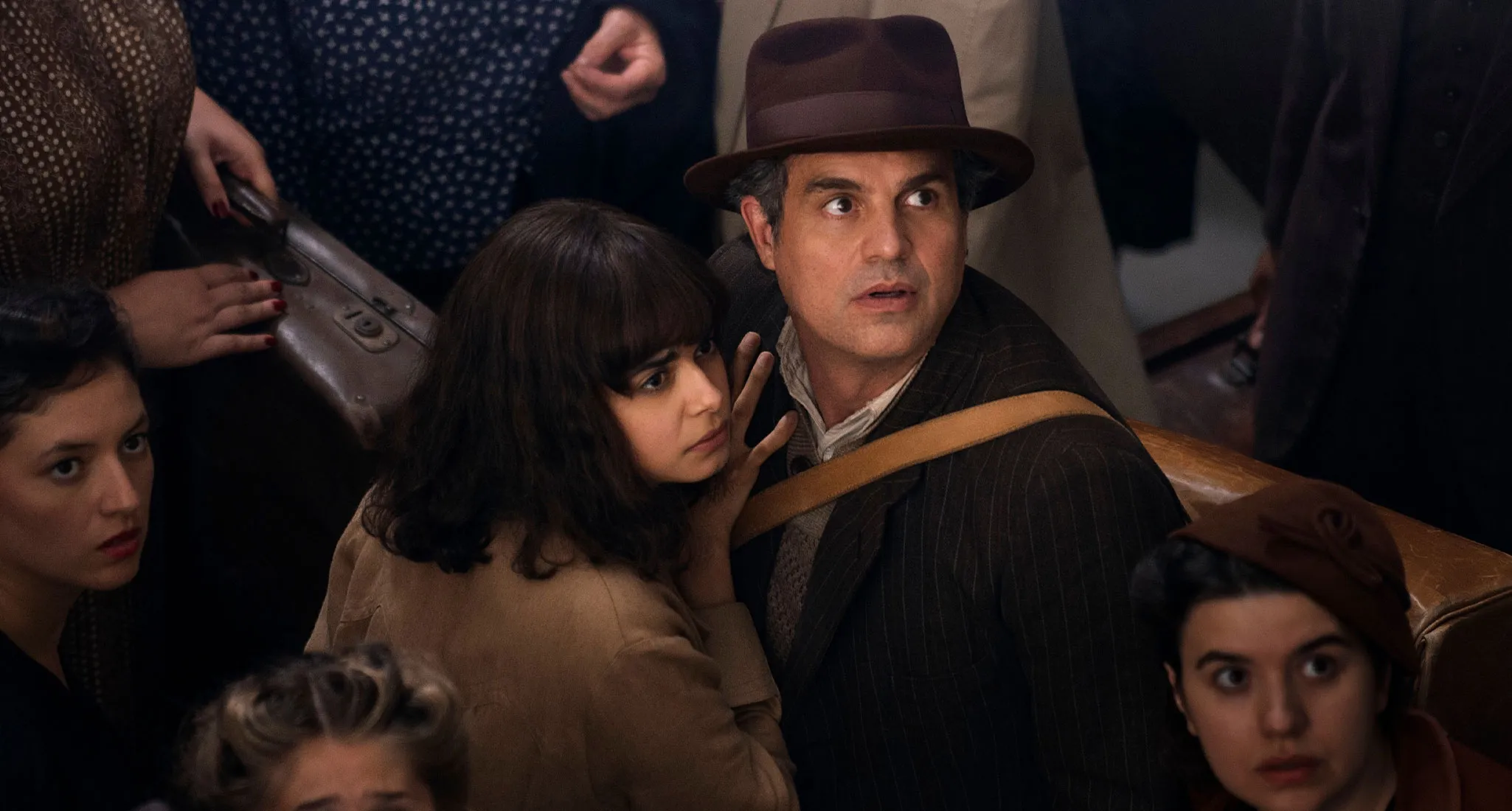Netflix’s Chief Content Officer Bela Bajaria swears she is open to doing more backend deals with filmmakers, talent, and producers, but she says almost none of them really want one, despite some public lobbying.
On his “The Town” podcast, Puck founder Matt Belloni grilled Bajaria on a large variety of topics: the scandal plaguing the “Emilia Pérez” Oscar push, Greta Gerwig’s special “Narnia” deal, and the usual chatter about sports programming and data transparency. One standout segment for us was a relatively brief conversation about backend deals, in which talent — an actor, a director, or a producer — reaps the financial rewards of a hit film or show through a percentage of the profits. The Netflix model of almost always skipping any meaningful theatrical release for films definitely complicates matters, and for series, some newly shared (but still kind of limited) viewership statistics open the back door a bit — but not completely.
Historically, Netflix has almost always paid out their deals up front. But is that ancient history? Eh, probably not.
Asked if Netflix will be doing more backend deals, a la the one it recently did on Ben Affleck movie “RIP,” Bajaria first pointed to the rarity of such agreements at the streamer. They did the one for “RIP” simply “because [Affleck’s company] Artists Equity was interested in it.”
“I can count on one hand, actually half of one hand, the [backend] deals we’ve done,” Bajaria said.
They’re not the only ones in streaming. Belloni said a source at Amazon (the home to Prime Video, Amazon Studios, and MGM) told him that they were “desperately” trying to do more, “but nobody wants them.”
“The second you talk about a backend, you talk about less money upfront — and nobody wants less money upfront,” Belloni relayed from that conversation.
Bajaria agreed, stating that Netflix has not done many backend deals because “talent likes” being paid upfront. “We take all the financial risks,” she continued. “They get paid well.”
Probably desperate for spring training, Belloni went to a baseball analogy, pointing out that with upfront deals, filmmakers hit “a lot of doubles,” but “the home runs” of a backend deal are over.
“Jason Blum wrote that op-ed saying, ‘Why don’t you just let all these people bet on themselves?’” Bajaria responded. “But I think what Amazon is experiencing is true. People just aren’t willing to go, ‘Oh, let me take less and I’ll bet on myself.’ That’s not really happening.”
Blum, the Blumhouse founder and producer of films “Five Nights at Freddy’s,” “Get Out,” and “M3gan,” argued in the referenced column that the Netflix product would be better if producers had a revenue-share agreement in place.
“If you give artists a lot of creative freedom and a little money upfront but a big stake in the movie’s or TV show’s commercial success, more often than not the result will be both commercial (the filmmakers are incentivized to make films that will resonate with audiences) and artistically interesting (creative freedom!),” Blum wrote in the New York Times.
It’s worked for Blumhouse, he offered as evidence. Does Bajaria agree with his proposal?
“I don’t think so,” she said. “But we are always open to that.”










